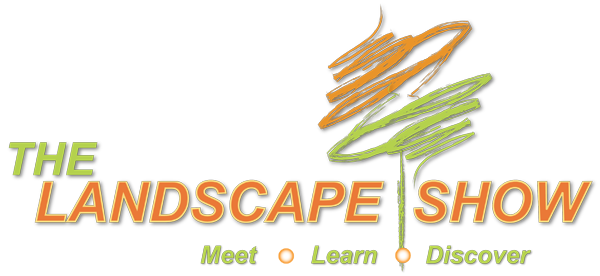
Spencer Phillips
Research Irrigation Inc.
Is conserving water use in the landscape important to you and your business? Of course it is! And if you don’t believe me you will soon discover water conservation practices will change the way you operate your business. If it’s not by water restrictions or a water use permit being revoked it will be in the laws written to mandate water efficient landscape designs. Some how some way the water issue will be affecting all of us if it hasn’t already.
According to the Florida Department of Environmental Protection landscape irrigation consumes over 60% of the potable water supply to an average household. Does this mean our landscapes need this amount of water to flourish and look beautiful? No, on average a landscape should only consume 20 – 40% of the total water supply of an average household. What does this fact mean? We have plenty of room for improvement.
We all play a vital role in the green industry. Some of us are landscape growers, landscape designers, some install the landscape, and some maintain the landscape. And everyone in each role plays a part in conserving water. We should all be aware of how water conservation can help our business and the entire green industry.
Everyday our industry is faced with regulatory and legislative issues that will affect how all of our businesses operate. Not too long ago the City of Tampa banned the use of all irrigation for a short amount of time. This did not only affect the irrigation contractors but also the sod and landscape industry. New installation of landscape material was put on hold because there was no way to water the material under the irrigation ban. Lately the most important issues the green industry has been dealing with concern the use of water to grow and maintain landscapes. If we fail to lead the way in water conservation we will be forced to follow.
As a landscape designer the opportunity exists to design with “Florida Friendly” plantings. This will reduce the amount of water required for the landscape. It is possible to save up to 50% of water by using native or Florida Friendly plants in a landscape. It is also important to group plantings by their water use requirements. If the landscape is grouped into separate zones or hydrozones it will be possible to irrigation the areas more efficiently. A water budget could also be considered for the site and it will be the landscape designer’s job to create a landscape that will thrive within a set water budget.
The landscape contractor has the responsibility to install the landscape per the plans and specifications. But this does not leave the contractor a loop hole out of water conservation. The contractor has the opportunity to inspect the soil where the plants will be permanently planted. This is a greatly underestimated job. The soil structure at the root zone of the plant will drastically affect the future look and growth of the plant. The soil type will also change the way the area will be irrigated. If it is a clay type soil the run time for an irrigation event will be reduced to avoid runoff. But if it is a sand type soil there could be longer runtimes to effectively soak the root zone. The contractor must also consider using soil amendments to encourage the ability of the soil to hold moisture for longer periods of time.
Probably the category playing the biggest part in water conservation is the landscape maintenance contractor. The most common nemesis to water conservation in the landscape is improper watering schedules. It is important to be able to recognize under or over watering and relay this information to the irrigation contractor managing the irrigation system. This brings up the point of proper communication between the landscape and irrigation contractors. It is important to explain the plant water use requirements to the irrigation contractor so that an accurate watering schedule is achieved. One of the quickest and less expensive ways to save more water in a landscape is to create an accurate watering schedule. This can be done by having a certified professional prepare a watering schedule based on the efficiency of the irrigation system, plant water use, and soil conditions.
It is also prudent to stay aware of new irrigation management technology. Everyday a new product is released that will save more water without the user contributing too much of their own time. This will make it easier for the contractor and the end user. We call this smart irrigation technology. The water management districts are also beginning to promote the ‘Florida Water Star’ program which includes smart water technologies. This is a program all green industry professionals should support and promote to their customer base.
Well, the opportunity is ours. As landscape and irrigation professionals we can be smart enough to tie together water conservation and profit for our business. Do we try to retrofit and update the existing landscape and irrigation systems? Or do we just accept the way it has always been and continue to maintain a mediocre landscape and a mediocre irrigation system? It’s your choice!
Remember to be proactive in your approach to water conservation!
The author, Spencer Phillips.


.jpg)





